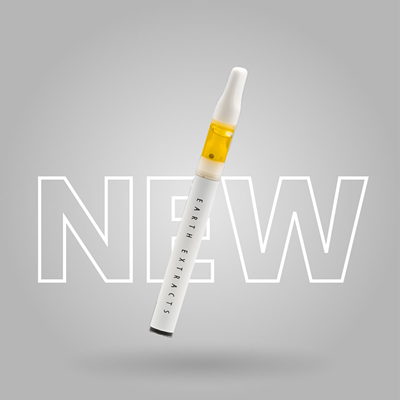Chandler-based pharma-eutical company, Insys, found itself in a bit of an embarrassing situation when six of its top brass were arrested for pushing its opioid products last week.
If that name sounds familiar it's because Insys bankrolled the "No on Prop 205" campaign ran by Arizonans for Responsible Drug Policy. Turns out the Justice Department thinks Insys is responsible as well, especially when it comes to allegedly bribing doctors to overprescribe their fentanyl-based product, Subsys.
Insys's motivation behind the $500,000 donation—one of ARDP's largest—most likely had to do with their plans to roll out a marijuana-substitute spray, which uses tetrahydrocannabinol to similar effects as good, old-fashioned pot.
Opioid painkillers have been one of the major targets in an opioid epidemic that has swept the nation the past few years. While legal, their highly-addictive ingredients can lead to overdose, as was the case with musical phenomenon Prince last April.
Carmen Ortiz, U.S. attorney for the District of Massachusetts, said the charges were meant to send a "clear message" that the Justice Department is committed to cracking down on opioid use, "whether it is corporate greed or street level dealing."
In this case, it was kind of both. Former Insys CEO Michael Babich was arrested along with a couple of vice presidents and sales directors for allegedly paying doctors to prescribe more of their drug under the guise of fees for "educational lectures."
One would hope those educational lectures included Center for Disease Control findings that more than 28,000 people died from opioid use in 2014, and 165,000 people overdosed on prescription opioids between 1999 and 2014.
Fortunately, that's where medical marijuana steps in. For many of those who may otherwise take opioid medication, marijuana offers a viable alternative, according to patient card holders.
In September, employee health benefit company Castlight Health found that states with medical marijuana have 50 percent fewer patients who qualified for opioid prescriptions. Mean annual rates of opioid overdose drop 24.8 percent in states with medical marijuana, per the Journal of the American Medical Association Internal Medicine.
A predicted rise in marijuana sales may continue to combat the opioid epidemic. According to a report from New Frontier Data and ArcView Market Research, Arizona is poised to just about double sales on medical marijuana by 2020, even while the cost of marijuana decreases.
The report predicts Arizona will spend a total of $367 million in 2016, which will increase to an estimated $681 million in the next four years.
Researchers behind the report say the idea is that more and more people are going to want marijuana as society continues to destigmatize marijuana use. At the same time, more dispensaries will open to supply the increased demand, and competition will drive down the price.
The Arizona Department of Health Services approved 31 new dispensary licenses in October for a grand total of 129 Arizona dispensaries—still far below most states.
Researchers also believe doctors will begin to see marijuana as a more legitimate alternative to current prescription drugs like opioid-based painkillers, further increasing the demand for marijuana..









